Bertrand Cabon
Multiple testing for outlier detection in functional data
Dec 13, 2017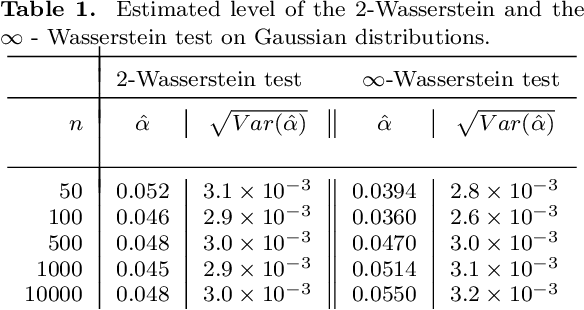

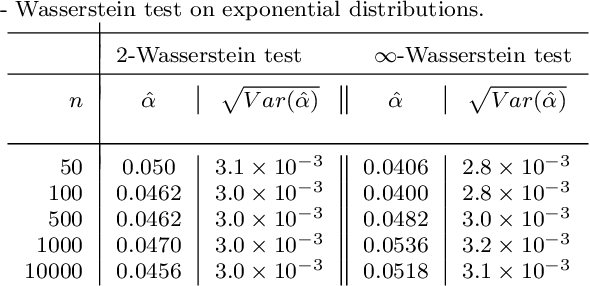
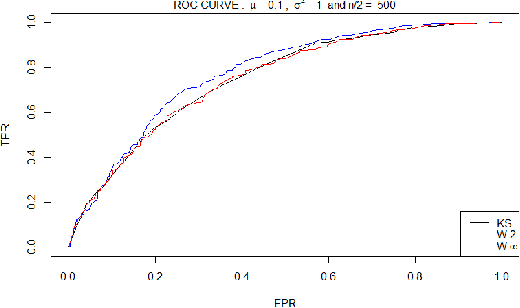
Abstract:We propose a novel procedure for outlier detection in functional data, in a semi-supervised framework. As the data is functional, we consider the coefficients obtained after projecting the observations onto orthonormal bases (wavelet, PCA). A multiple testing procedure based on the two-sample test is defined in order to highlight the levels of the coefficients on which the outliers appear as significantly different to the normal data. The selected coefficients are then called features for the outlier detection, on which we compute the Local Outlier Factor to highlight the outliers. This procedure to select the features is applied on simulated data that mimic the behaviour of space telemetries, and compared with existing dimension reduction techniques.
Constraint programming for planning test campaigns of communications satellites
Jan 23, 2017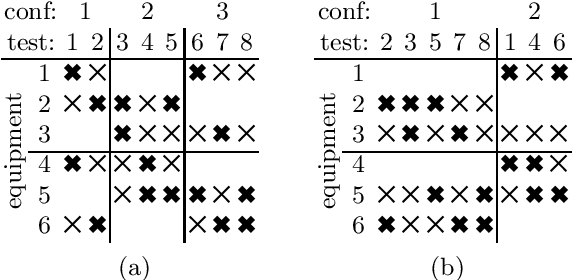
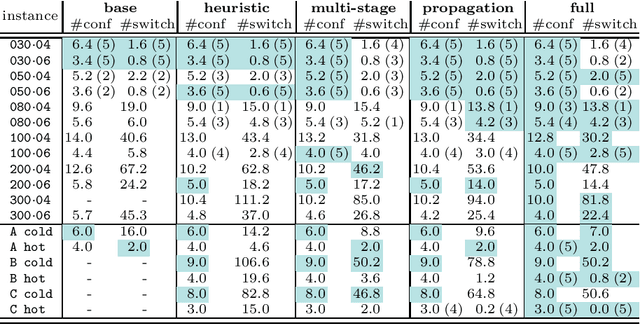
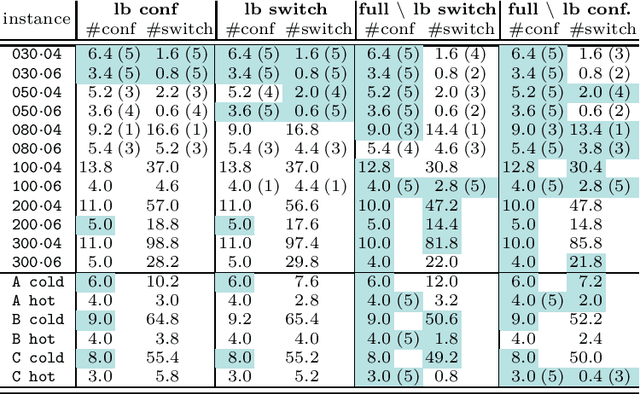

Abstract:The payload of communications satellites must go through a series of tests to assert their ability to survive in space. Each test involves some equipment of the payload to be active, which has an impact on the temperature of the payload. Sequencing these tests in a way that ensures the thermal stability of the payload and minimizes the overall duration of the test campaign is a very important objective for satellite manufacturers. The problem can be decomposed in two sub-problems corresponding to two objectives: First, the number of distinct configurations necessary to run the tests must be minimized. This can be modeled as packing the tests into configurations, and we introduce a set of implied constraints to improve the lower bound of the model. Second, tests must be sequenced so that the number of times an equipment unit has to be switched on or off is minimized. We model this aspect using the constraint Switch, where a buffer with limited capacity represents the currently active equipment units, and we introduce an improvement of the propagation algorithm for this constraint. We then introduce a search strategy in which we sequentially solve the sub-problems (packing and sequencing). Experiments conducted on real and random instances show the respective interest of our contributions.
 Add to Chrome
Add to Chrome Add to Firefox
Add to Firefox Add to Edge
Add to Edge